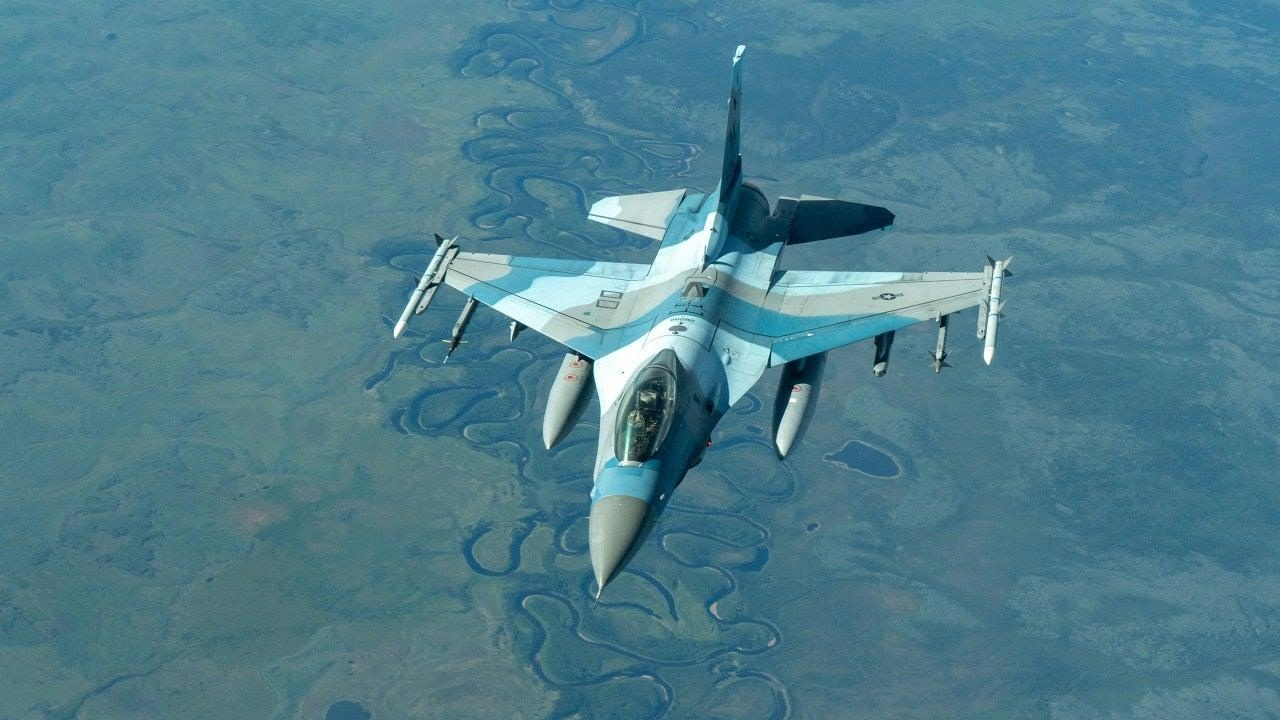AeroGenie — Il tuo copilota intelligente.
Tendenze
Categories
Lockheed Martin Secures Contract for F-16 Software Upgrade

Lockheed Martin Secures Contract for F-16 Software Upgrade
Lockheed Martin (NYSE: LM) has been awarded a contract to upgrade the Republic of Korea Air Force’s F-16 Block 52 flight simulators, bringing them in line with the advanced capabilities of the F-16 Viper (F-16V) aircraft. This modernization effort is designed to enhance mission readiness by delivering high-fidelity simulated environments that closely replicate real-world flight conditions, thereby improving pilot training and safety.
Enhancing Training Realism and Operational Readiness
Todd Morar, vice president of Air and Commercial Solutions at Lockheed Martin, emphasized the importance of accuracy and realism in ground-based flight training. He stated that as the original manufacturer of all F-16 variants, Lockheed Martin leverages the aircraft’s design and software data to create training experiences that are nearly identical to actual flight. This approach ensures that the simulators remain concurrent with the evolving technology of the aircraft, thereby supporting pilot proficiency and mission success.
Under the contract, Lockheed Martin will provide new equipment and integrate systems to modernize nine F-16 flight simulators located at Seosan and Chungju Air Bases. These simulators will be upgraded to the F-16V configuration, with Lockheed Martin also offering contractor logistics support over a six-year period to maintain operational effectiveness.
Competitive Landscape and Market Considerations
The contract award comes amid heightened competition in the global defense simulation and upgrade market. L3 Harris, a significant competitor, recently secured a contract to upgrade the electronic warfare systems of Polish F-16s, signaling intensified rivalry for similar projects worldwide. Industry analysts suggest that Lockheed Martin’s latest contract may prompt competitors like L3 Harris to capitalize on their capabilities and aggressively pursue additional upgrade opportunities in the region.
Market observers are also scrutinizing the cost-effectiveness of such upgrades, particularly as air forces weigh investments in emerging sixth-generation platforms such as Boeing’s F-47 NGAD. The decision to modernize existing F-16 fleets rather than transition to next-generation aircraft is expected to attract attention, especially as defense budgets face increasing pressure from competing priorities.
Despite these challenges, Lockheed Martin’s proprietary use of design and software data is anticipated to deliver a high degree of realism and concurrency in training. This capability is critical to meeting the Republic of Korea Air Force’s operational requirements as technological advancements continue to shape the future of aerial combat.

Emirates Unveils Cabin Design for New Boeing 777X

Eighteen Years On, the Airbus A380 Remains Central to a $34 Billion Airline

How a boom in luxury airline seats is slowing down jet deliveries

Navitaire Outage Attributed to Planned Maintenance

DigiYatra Debuts Outside Aviation at India AI Impact Summit

Vietnam Orders Strengthen Boeing’s Commercial Outlook

Airbus Signals Uncertainty Over Future A400M Orders

JobsOhio Awards $2 Million Grant to Hartzell Propeller for Innovation Center

Collins Aerospace Tests Sidekick Autonomy Software on YFQ-42A for U.S. Air Force CCA Program

How the Airbus A350-1000 Compares to the Boeing 777
